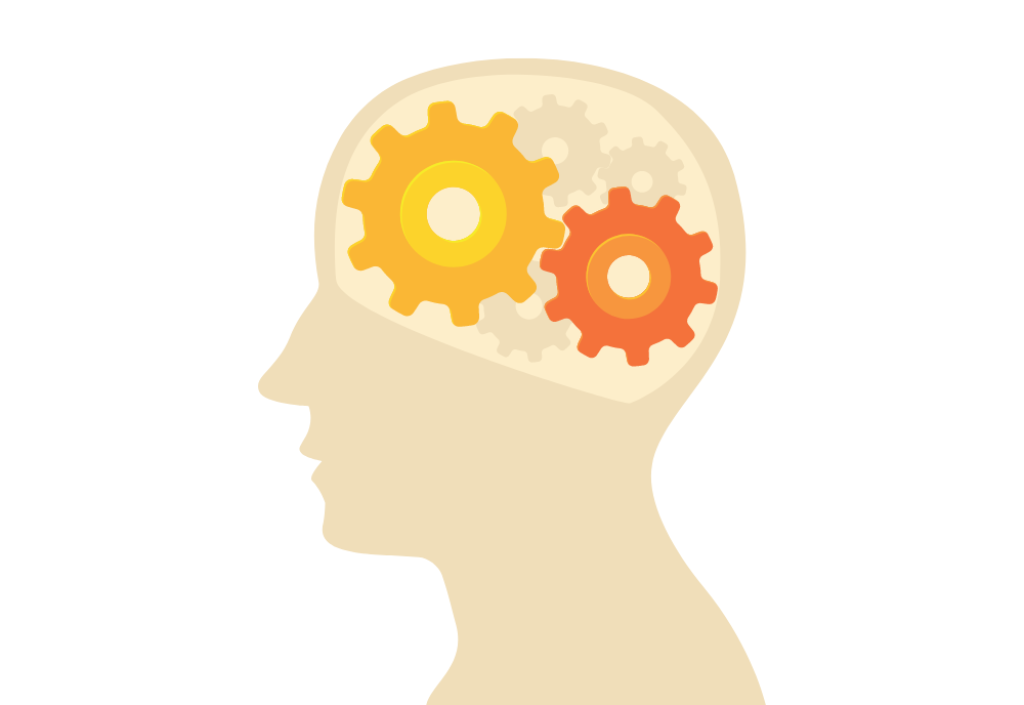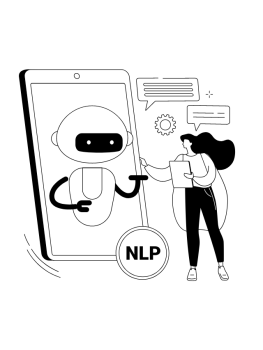Introduction
Neuro Linguistic Programming (NLP) is a psychological approach that deals with enhancing mental and emotional well-being. It helps individuals understand and overcome emotional issues. It can help people improve communication and relationships. Neuro Linguistic Programming was founded by Richard Bandler and John Grinder in the 1970s.

The basic principles of NLP include learning how to identify and change limiting beliefs, increasing self-awareness and resolving personal conflicts.
NLP is a well-known technique that has been used by therapists and coaches for many years. The basic premise of NLP is that the brain works in a similar way to a computer. In order to change or improve something in your life, you need to first understand how your brain works. This is where NLP comes in handy.
NLP uses precise language and techniques to help people change their thoughts and behaviors. It also helps them deal with difficult situations more effectively.
What is Neuro Linguistic Programming?
Neuro-linguistic programming (NLP) is an approach to communication, personal development, and psychotherapy created by Richard Bandler and John Grinder in California, United States in the 1970s. NLP’s creators claim there is a connection between neurological processes (“neuro”), language (“linguistic”) and behavioral patterns learned through experience (“programming”) which can be arranged to achieve specific goals in life.
NLP is widely used in business and personal development, often as part of a coaching or workshop setting. It has been applied to diverse fields such as marketing, law, engineering, psychiatry, health sciences and sales. NLP training courses frequently use real-life examples and case studies to illustrate the concepts being taught.

The name “Neuro-linguistic programming” was first given to the work by Richard Bandler and John Grinder in 1974 when they were working on their doctoral dissertations at Stanford University together under the direction of Dr. Joe Weger with the assistance of Bob Beck. The work that would become known as Neuro-Linguistic Programming originated from earlier experiments which had been conducted by both men while they were attending UC Berkeley beginning in 1967.
Neuro-Linguistic Programming (NLP) is a body of knowledge and skills that allow people to change their own behavior, attitudes and emotions. It is based on the premise that human beings are capable of understanding and affecting themselves emotionally and cognitively through the power of communication. NLP techniques help people access information, change limiting beliefs, solve problems, build relationships and achieve their personal visions.
The different presuppositions of NLP
The three different presuppositions of NLP are
-The map is not the territory
-People are not their behaviors
-There is no such thing as failure, only feedback
The idea that “the map is not the territory” is a fundamental presupposition of Neuro-Linguistic Programming (NLP). This statement reflects the belief that we are not limited by our behaviors, but rather that our behaviors are shaped by our underlying beliefs. NLP teaches us to change our beliefs in order to change our behavior.
The idea that the map is not the territory can be traced back to William Sharp, an Englishman who pioneered cartography in the early 1700s. Sharp believed that maps should represent reality as it is, without any subjective interpretations or exaggerations. This was a radical departure from the traditional method of mapping which involved overlaying cartographic depictions of actual terrain with descriptive texts.
Sharp’s belief in objectivity led him to create what are now known as bar charts and pie charts, which are effective tools for displaying data in a visually appealing way. However, his approach had little impact on how people perceive and use maps today.
Drawing on his experience as a surveyor, cartographer, and map publisher, in 1903 Sharp developed the first detailed map of San Francisco. The map showed streets and buildings in a wide range of detail and helped promote the city’s redevelopment after the 1906 earthquake.
-These presuppositions are important to understand the spirit and essence of NLP because they help us understand that our beliefs and opinions about reality (the map) are not necessarily accurate or true (the territory), that people’s behavior does not define who they are as individuals (people are not their behaviors) and that we can learn from our mistakes by taking them as feedback rather than seeing them as failures.
There is no one right way to understand or use NLP. It is a tool that can be used in many different ways, depending on the individual’s goals and needs.
Why these presuppositions are important to understand the spirit and essence of NLP
By understanding these underlying assumptions, we can better appreciate how NLP works to help us achieve our desired outcomes in life.
The presuppositions of NLP provide a framework for how we can interact with the world around us to achieve our goals. They offer guidance on how to communicate effectively, overcome obstacles and create lasting change. Most importantly, they remind us that we have the power to control our own destiny and create the life we want. By understanding these underlying assumptions, we can better appreciate how NLP works to help us achieve our desired outcomes in life.
NLP presuppositions include:
1. People are primarily motivated by their own needs and desires.
2. Human beings can change their own behavior and attitudes through understanding and using their unconscious mind.
3. The conditions that are most conducive to success are relationships of mutual respect, trust, and collaboration.
You can checkout the additional resources to NLP by clicking here.








